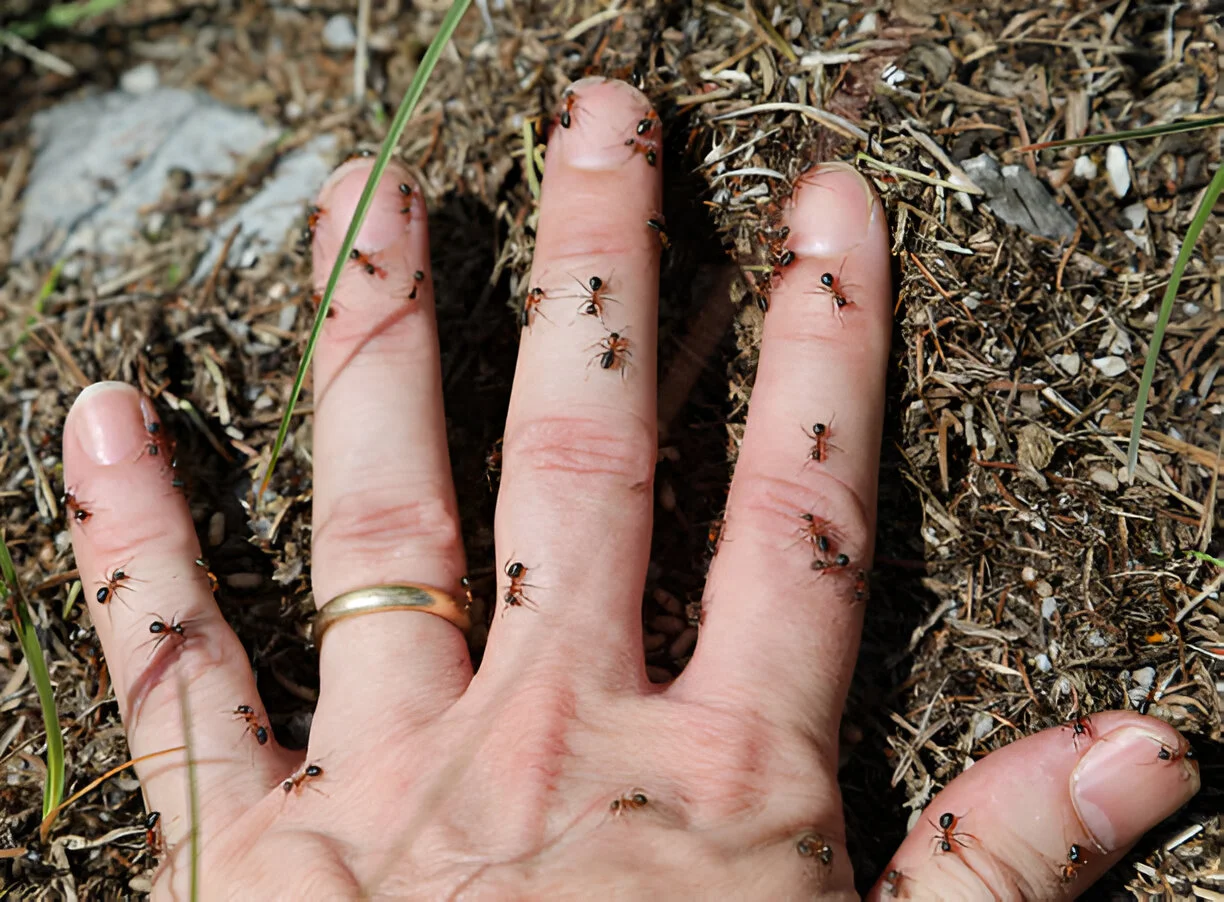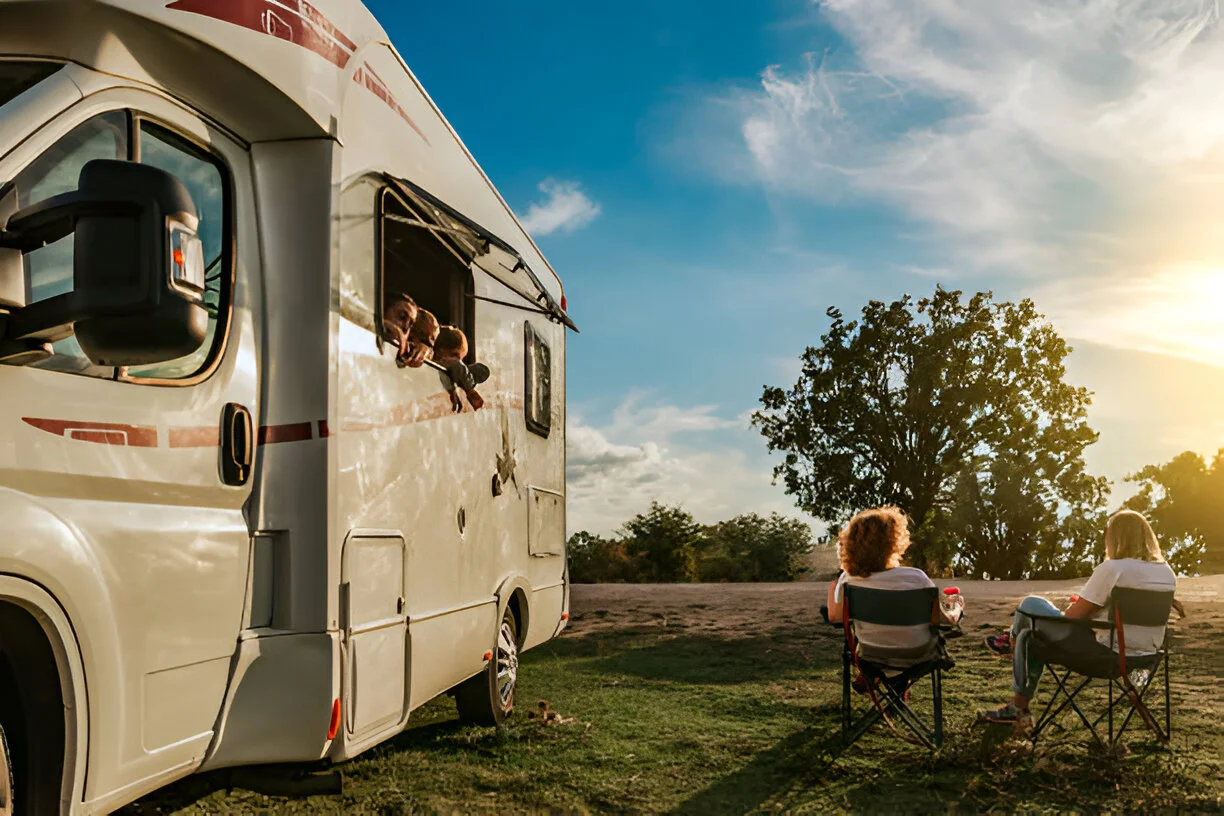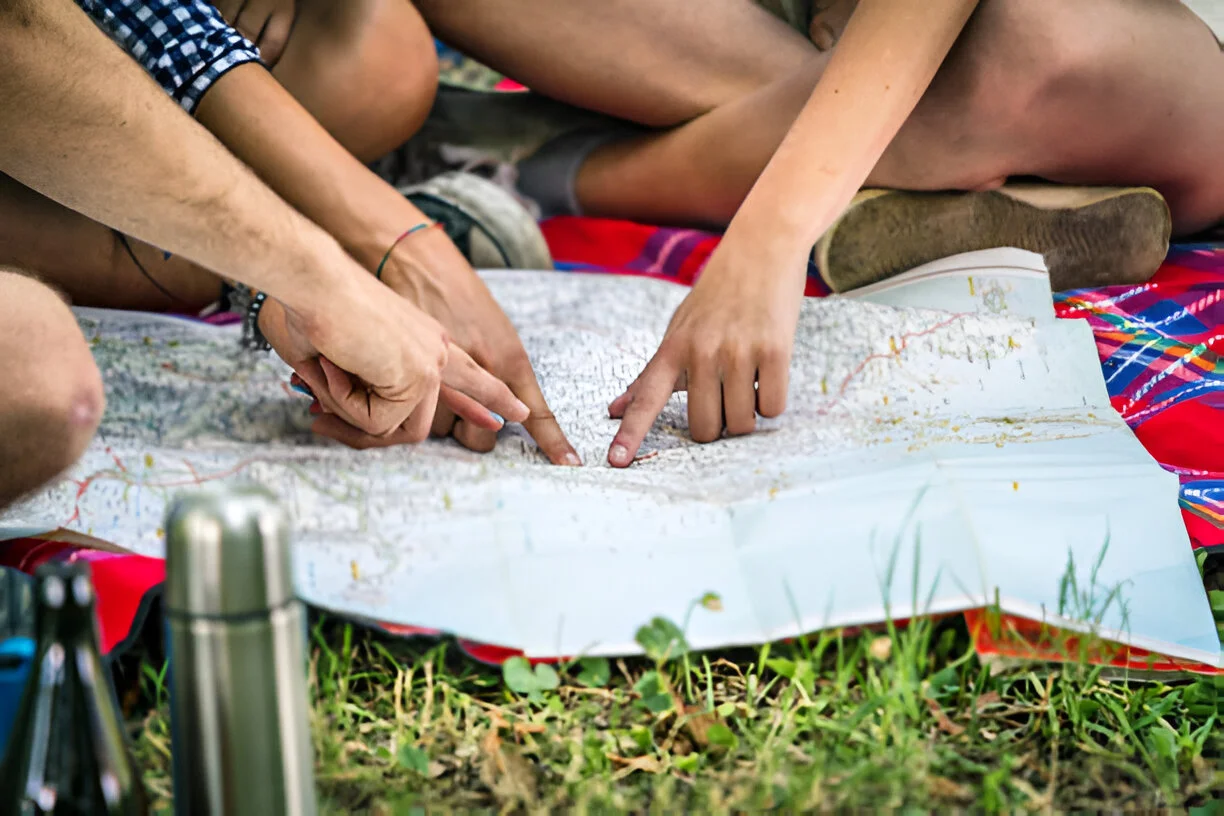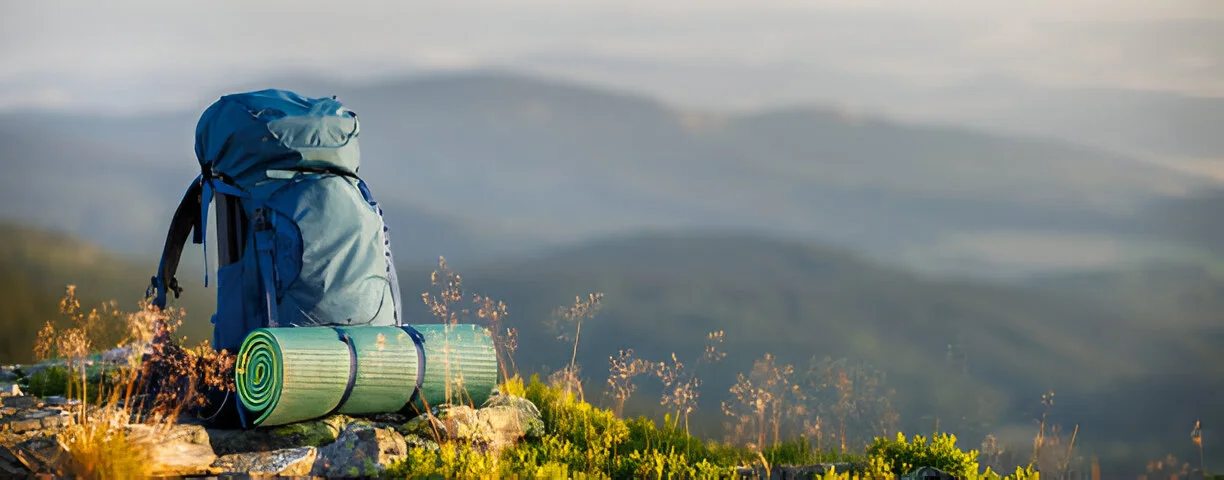Camping offers an escape to nature, but it also brings us into close contact with insects and pests. From mosquitoes and ticks to pesky ants and even rodents, these uninvited guests can sometimes turn a peaceful camping experience into a real nuisance.
But with the right knowledge and tools, you can keep them at bay and enjoy your outdoor adventure with fewer worries. Let’s dive into the specifics of dealing with these common camping pests.
Understanding Common Camping Pests
Each type of pest presents unique challenges, and understanding what you’re up against can help you prepare.
Mosquitoes
Few creatures are as notorious as the mosquito. They’re particularly abundant near water and in humid conditions. Mosquitoes aren’t just irritating; they can also carry diseases like West Nile virus and malaria, depending on the location.
Ticks
Ticks are often found in wooded or grassy areas and can latch onto you or your pets with little warning. They’re more than just pests—they carry Lyme disease and other illnesses that can have long-lasting effects if not treated promptly.
Flies
Flies, especially black flies and horseflies, can be relentless. Black flies are drawn to moist areas, and their bites can leave painful welts. Horseflies are larger and can deliver quite a painful bite, which can be a real downer during outdoor activities.
Ants
Ants might seem harmless until they invade your campsite or picnic area. Certain species can also deliver painful bites, and their attraction to food makes them persistent visitors.
Bees and Wasps
Bees and wasps serve essential roles in ecosystems, but stings are no fun. Many are attracted to food and sugary drinks, which can make mealtime at the campsite a bit challenging. Knowing how to avoid disturbing them is key.
Rodents
Mice, squirrels, and other rodents are often attracted by food left out or improperly stored. While they might seem harmless, rodents can carry diseases and can damage camping equipment as they chew through items in search of food.
Preventative Measures
An ounce of prevention is worth a pound of cure, especially when it comes to keeping pests at bay. Here’s how to set up your campsite and prepare yourself.
Choosing the Right Campsite
Location matters. Set up camp away from standing water (a mosquito breeding ground) and avoid dense vegetation where ticks and other insects thrive. Look for open spaces with good airflow; breezes can naturally deter some flying insects.
Proper Food Storage
Food is a big draw for many pests, especially rodents and ants. Keep food in sealed containers or use bear-proof canisters, which also keep out smaller critters. Don’t store food in your tent, as this can invite unwanted visitors at night. Hanging food packs from trees or using storage lockers provided at campsites can help prevent any midnight surprises.
Maintaining Cleanliness
Keeping a clean campsite is one of the best defenses against pests. Dispose of trash in designated areas and store any waste securely until you can dispose of it properly. After meals, promptly clean cooking areas and put away leftovers. This reduces the chances of attracting ants, rodents, and other food-loving critters.
Personal Protection
Simple protective measures go a long way. Wear long sleeves and pants, especially during dawn and dusk when mosquitoes are most active. For added protection, use an insect repellent containing DEET or picaridin on exposed skin. Another option is permethrin-treated clothing, which deters ticks and mosquitoes effectively.
Effective Repellents and Tools
The right repellent can save you a lot of hassle. Here are some top choices for different needs and preferences.
Chemical Repellents
Chemical repellents are often the most effective option. DEET-based repellents provide lasting protection and work well for a variety of pests. Picaridin is another strong option that’s less likely to irritate the skin. Permethrin is unique in that it can be applied to clothing and gear, providing long-term protection against ticks and mosquitoes without direct skin contact.
Natural Alternatives
For those who prefer natural options, certain essential oils like citronella, eucalyptus, and lavender can help deter pests. While they may not offer the same protection as chemical repellents, they’re suitable for light use or as a secondary measure.
Physical Barriers
Sometimes, the best defense is a good physical barrier. Mosquito nets over sleeping areas keep bugs out without the need for chemicals. Bug-repellent clothing is another excellent layer of defense, especially for kids who might be sensitive to repellents.
Electronic Devices
Ultrasonic pest repellents have gained popularity, though their effectiveness varies. These devices emit high-frequency sounds meant to deter pests, though they’re not universally effective against all insects. Still, they may be worth trying for an extra layer of defense.
Dealing with Specific Pests
Each pest has its quirks, so let’s break down the best ways to handle each one.
Mosquitoes
Mosquitoes hate smoke, so citronella candles and torches around your campsite can help deter them. Portable fans are another neat trick; they disrupt mosquitoes’ flight patterns and make it hard for them to land. Just a little airflow can make a big difference in keeping them at bay.
Ticks
Ticks are best dealt with through vigilance. After hiking or exploring, perform a full body check on yourself, children, and pets. Focus on areas like behind the ears, under the arms, and the backs of knees. If you find a tick, remove it promptly with tweezers by pulling it straight out, without twisting.
Flies
Flies can be persistent around food, but fly traps or sticky ribbons can help keep them under control. Cover all food when it’s not in use, and dispose of waste promptly. Simple actions like these can make a big difference in minimizing fly encounters.
Ants
Ants are pros at finding food, but they’re easy to deter with natural barriers. Try sprinkling chalk, cinnamon, or vinegar around areas you want to keep ant-free. Keeping food elevated and properly sealed also prevents them from getting easy access.
Bees and Wasps
These guys are attracted to strong fragrances and brightly colored clothing. Avoid scented lotions or perfumes, and opt for more neutral colors when camping. If you do encounter bees or wasps, move calmly. Swatting or flailing can provoke them.
Rodents
Rodents are less likely to bother you if there’s no food accessible. Seal any food containers tightly and store them away from the sleeping area. In tents or RVs, close any small openings where rodents might squeeze through. This can help keep both food and gear safe from nibbling intruders.
First Aid for Bites and Stings
Even with the best precautions, bites and stings can happen. Here’s what to do for quick relief and effective treatment.
Mosquito and Fly Bites
For mosquito and fly bites, wash the area with soap and water to reduce the risk of infection. An antihistamine cream or gel can relieve itching and prevent the urge to scratch.
Tick Bites
If you find a tick, remove it immediately by gripping it close to the skin with tweezers and pulling straight out. Clean the area afterward and monitor for any signs of infection. If you develop a rash or flu-like symptoms, seek medical attention.
Bee and Wasp Stings
First, check for the stinger and gently scrape it out with a flat object (avoid using tweezers, as squeezing can release more venom). Apply ice to the area to reduce swelling, and keep an antihistamine on hand in case of a mild reaction. Seek help if there are any signs of an allergic reaction, like difficulty breathing or swelling beyond the sting site.
Ant Bites
Ant bites are generally harmless but can be irritating. Clean the area with antiseptic and apply hydrocortisone cream to soothe itching and redness. For painful bites, a cold compress can also help.
Conclusion
Camping with insects and pests doesn’t have to be a nuisance. With some preparation and a few handy tools, you can minimize their impact and focus on the joy of being outdoors. Choosing the right campsite, keeping food secure, and using appropriate repellents can make all the difference in enjoying a comfortable and pest-free camping experience. So pack your gear, keep these tips in mind, and get ready for an adventure that’s memorable for all the right reasons!

Stanley Morgan is an avid camper and outdoor enthusiast dedicated to making camping accessible and fun for all. With years of experience exploring nature, they share tips, gear advice, and inspiration to help others enjoy unforgettable outdoor adventures.




